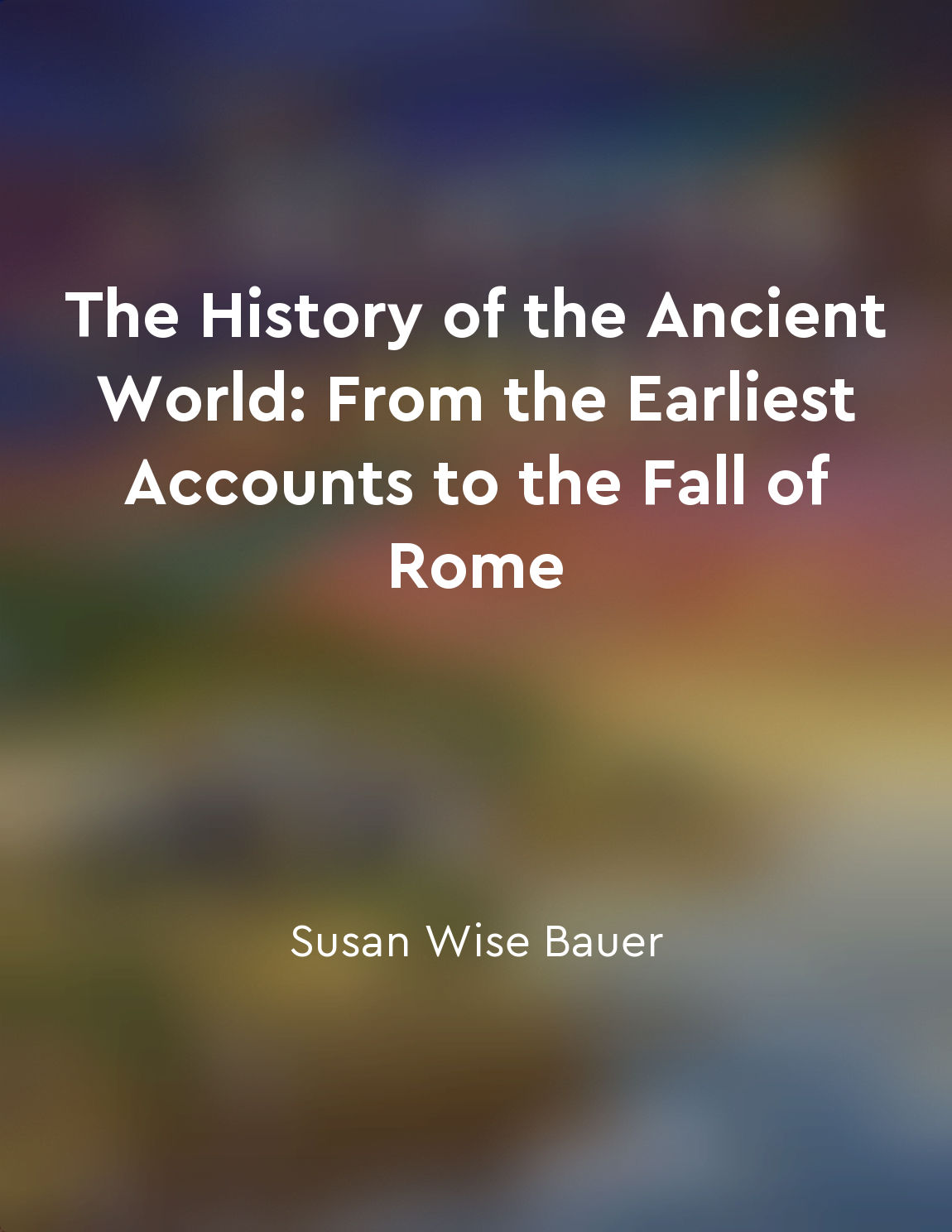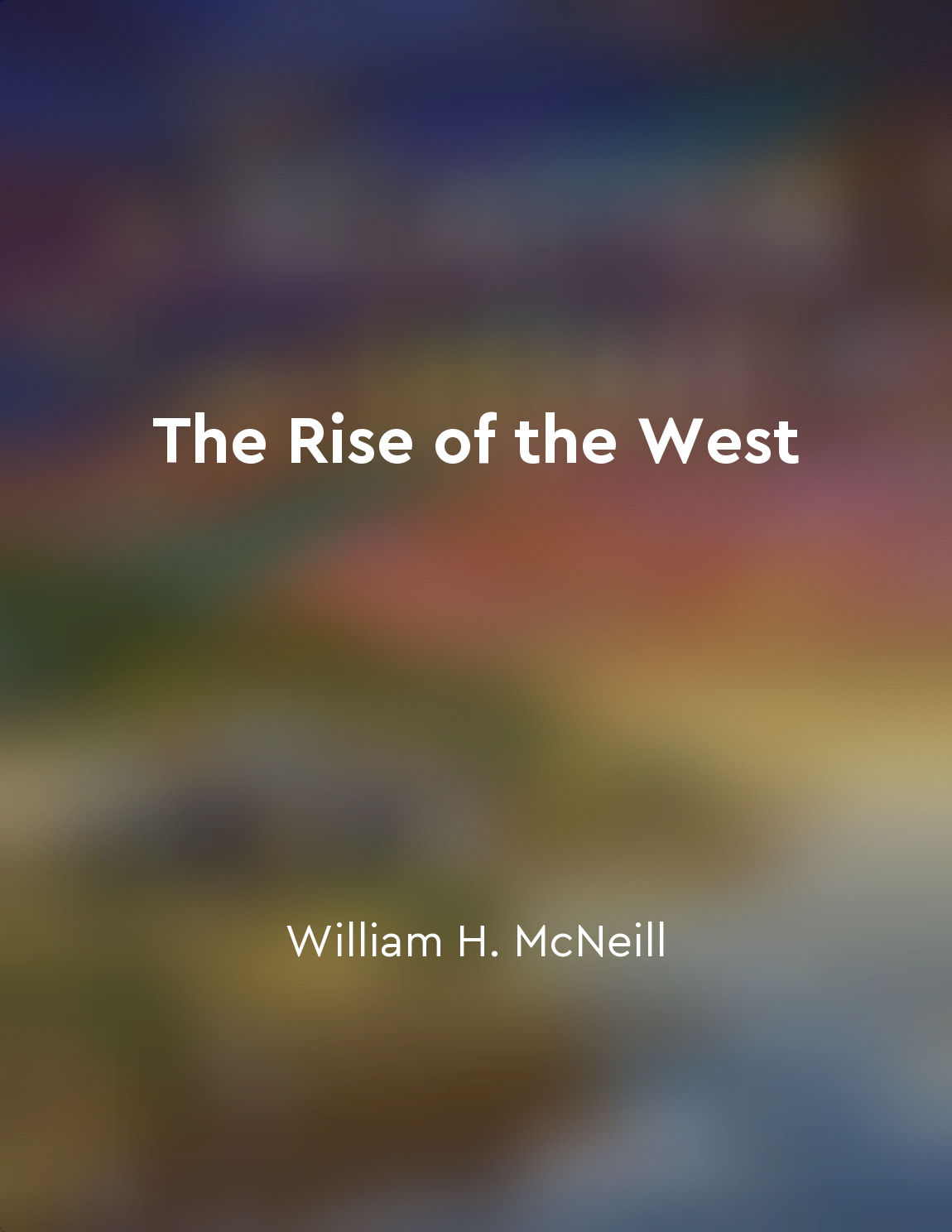Audio available in app
Cognitive revolution enabled humans to cooperate in large numbers from "summary" of Sapiens by Yuval Noah Harari
With the cognitive revolution, Homo sapiens underwent a transformation that enabled them to cooperate in much larger numbers than any other species. This revolution was not just about the ability to think and reason; it was about the capacity to create shared myths and beliefs that could bind together thousands, even millions, of individuals who had never met before. These shared myths allowed humans to cooperate on a massive scale, forming tribes, kingdoms, empires, and eventually, entire nations. Before the cognitive revolution, humans lived in small bands of hunter-gatherers, limited by the number of individuals who could maintain stable social relationships. The cognitive revolution changed this by allowing humans to create imagined orders that could unite strangers in common goals and beliefs. By believing in the same gods, nations, or ideologies, humans could cooperate with people they had never met, forming complex societies that could achieve feats...Similar Posts
World wars devastated countries and reshaped the global order
The catastrophic World Wars of the 20th century left a trail of destruction and despair in their wake, transforming the global ...

Consider the achievements of ancient philosophers and scholars
The ancient world was marked by the remarkable achievements of philosophers and scholars who contributed significantly to the i...

Evolutionary progress is messy but effective
In the grand scheme of things, the path of progress is rarely straightforward or smooth. Instead, it is often marked by twists,...
The power of belief in rituals
The belief in rituals holds a deep power over the minds and actions of individuals, shaping their thoughts and behaviors in pro...
Tradition informs belief systems
In understanding how beliefs are formed, it is essential to recognize the role that tradition plays in shaping them. Tradition ...
The role of instincts in guiding human actions
Instincts play a crucial role in guiding human actions. These inherited tendencies are deeply rooted in our past, shaped by cou...

Cultural diffusion leads to new ideas and practices
Cultural diffusion, the spread of ideas and practices from one culture to another, has played a significant role in shaping the...

Capitalism has fueled economic growth but led to inequality
Capitalism, with its emphasis on private ownership and profit accumulation, has been a driving force behind economic growth thr...
Collaboration drives innovation and progress
The idea that collaboration drives innovation and progress is a fundamental principle that underpins the history of humankind. ...
Humans rely on cultural norms for social behavior
One key aspect of human social behavior is the reliance on cultural norms. These norms are shared beliefs about how individuals...
